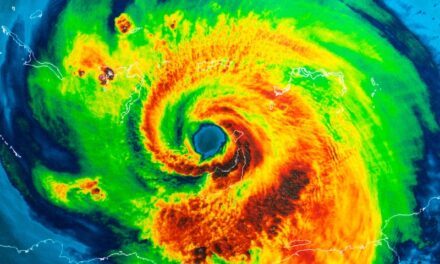Summary: Mainz Biomed will present at Digestive Disease Week findings from its eAArly DETECT study, which evaluated its multimodal screening test for the detection of colorectal cancer and precancerous conditions.
Takeaways:
- The eAArly DETECT study enrolled 254 patients across 21 U.S. gastroenterology sites, revealing the strong performance of its multimodal screening test.
- The screening combines FIT, DNA, and mRNA biomarkers with an AI algorithm to differentiate between various stages of colorectal cancer and adenomas.
- Mainz Biomed says it aims to improve colorectal cancer screening and prevention globally by leveraging the study’s results for early detection.
Mainz Biomed will present an analysis from its eAArly DETECT study for the detection of colorectal cancer and other precancerous conditions at Digestive Disease Week (DDW) 2024 in Washington D.C. from May 18-21, 2024.
The eAArly DETECT study
eAArly DETECT is a U.S. multi-site study performed at 21 specialized gastroenterology sites that enrolled 254 clinical patients. The results show the compelling performance of its multimodal screening test combining fecal immunochemical test (FIT), DNA, and mRNA biomarkers with a unique artificial intelligence (AI) / machine learning algorithm to differentiate between colorectal cancer (CRC), advanced adenomas (AA), non-advanced adenomas and patient samples with no findings.
Digestive Disease Week is recognized as a premier forum for the latest advancements in gastroenterology, hepatology, endoscopy, and gastrointestinal surgery, the company says.
Further reading: Colorectal Cancer: A New At-Home Test Increases Diagnostic Accuracy
Testing for Colorectal Cancer
The presentation will delve into the test’s ability to accurately analyze a combination of biomarkers, improving early detection rates for both colorectal cancer and significant precancerous conditions.
By leveraging this dual approach, Mainz Biomed aims to accelerate the shift from cancer detection to prevention by advancing current colorectal cancer screening practices, reflecting its commitment to reducing cancer mortality rates worldwide.





